Comic book and graphic novel criticism is rarely found outside of niche publications such as Wizard, or the many fan-driven sites that litter the web. Occasionally a mainstream newspaper will publish an article on the medium as a whole, or offer a retrospective on an under-appreciated author, usually Alan Moore; but for the most part it is rare to come across comic reviews in any shape or form. I used to believe that this was simply down to media prejudice – and largely it probably is – but when I decided to dedicate my precious spare time to the joys of graphic novel criticism, I soon learnt that the “funny books” were far from the easiest medium to offer an objective evaluation of.
In the era of Stan Lee, comic plots rarely extended beyond an issue. The Fantastic Four would thwart Doctor Doom’s plans for world domination and still be home in time to laugh at the Thing’s working class idiosyncrasies. While this limited the writers somewhat, it did allow for episodic adventures that were entirely self-contained. Casual readers could pick up the occasional issue and never be far behind the soap opera antics of their favourite characters. Of course, pre-80s comics were considered an enjoyable but disposable pastime. Most were binned after being read, and forgotten soon after.
Naturally, things have changed. Sequential art is now accepted as an art form, though whether such an acceptance entails any benefits is another matter altogether. The contemporary comic book has become a far slower affair, with the sort of storyline that would have filled a single issue back in the sixties now stretched across several. While this makes for far superior graphic novel narratives, it does alienate the casual reader, and leaves the regular collector dangling on tenterhooks before the serial has had time to resume. More importantly, this approach to serial storytelling has rendered the reviewing of individuals comic issues a little pointless – who reviews the first half of a film, or a television drama only up to the first commercial break?
Of course, we could leave the reviews until our favourite series are collected in trade paperback format, but this approach is equally problematic. Many series have reached double digit number of volumes. Should each volume of The Sandman, The Walking Dead, or Y: The Last Man be reviewed individually, or should the series be critiqued as a whole? If comic book critics were to wait until a series had concluded before laying down their position, then very few new books would get the endorsement that quality appraisal offers.
Of course, there are no answers here. The comic medium will continue to suffer the prejudice of literary circles, and isolate those with only a passing interest. But I love the fact that any individual can have his say on the internet, and would rather be guided by the opinions of another comic enthusiast than the tepid, uninspired drivel from a mainstream film or video game magazine that has temporarily jumped aboard the superhero zeitgeist. With or without mainstream attention, the comic book appears to be stuck comfortably in its niche. Is that such a bad thing?
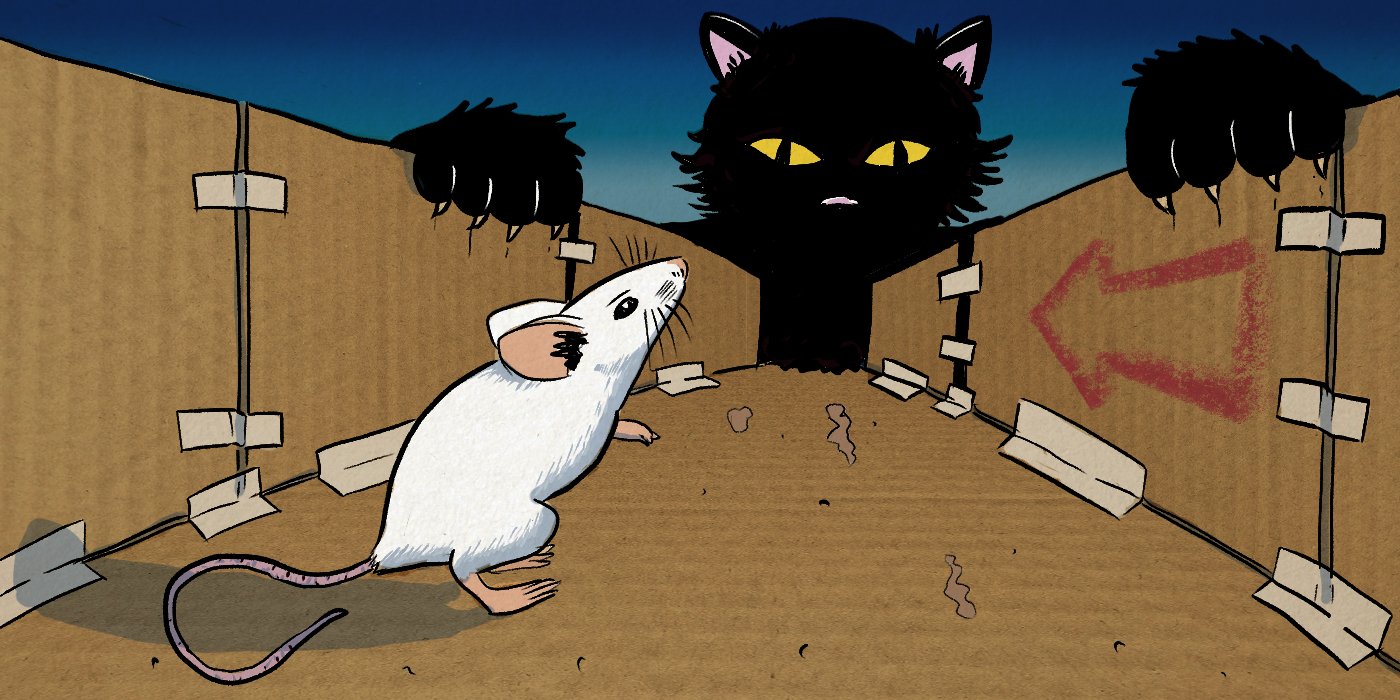
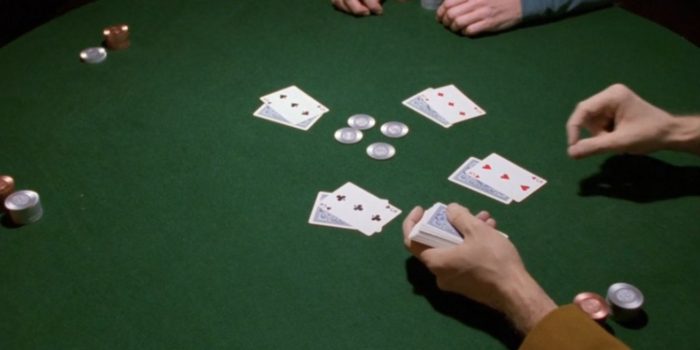
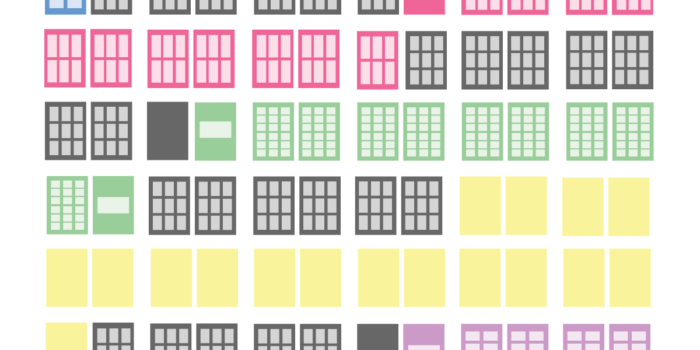

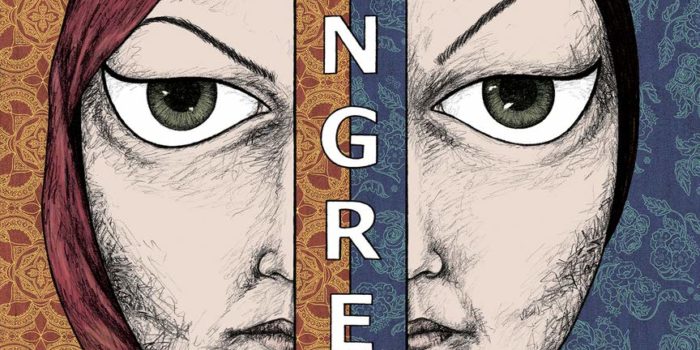

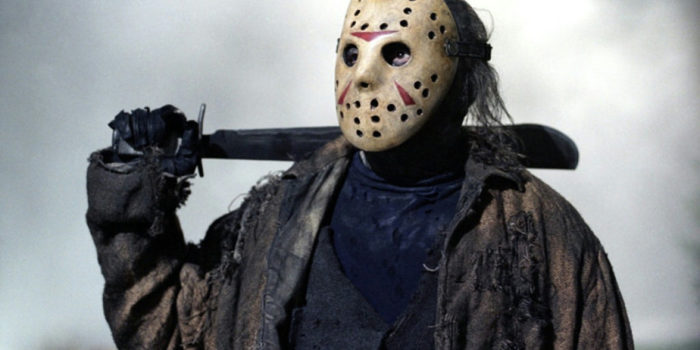

Leave a Reply